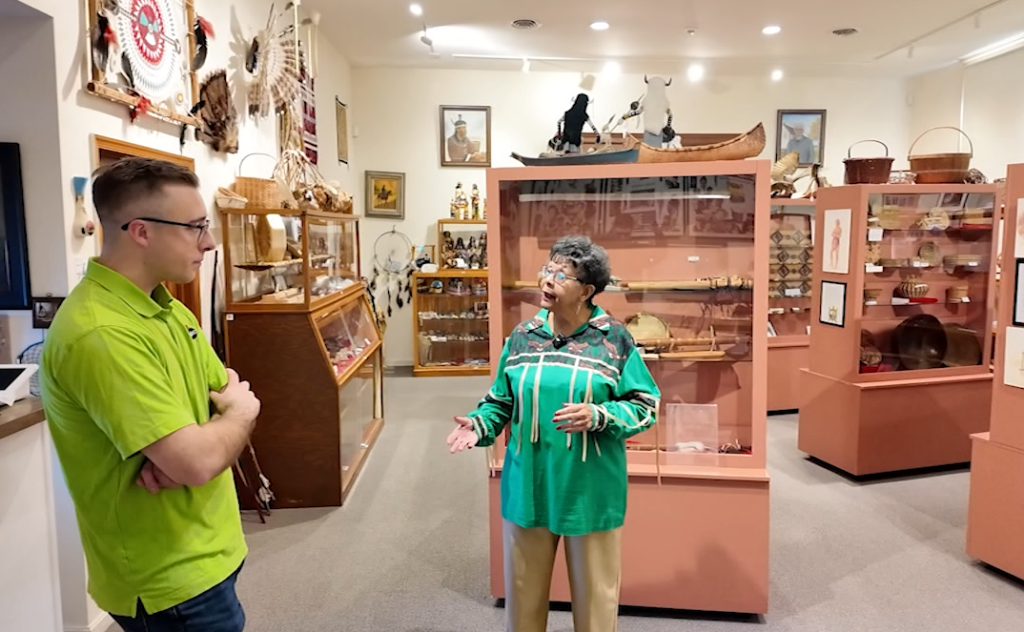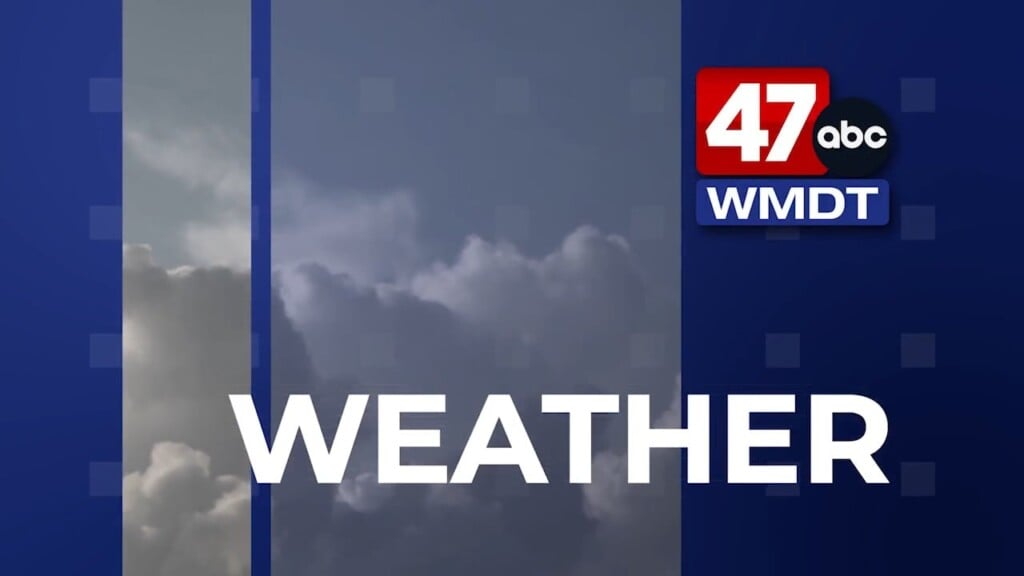Locals weigh in on bills that could transform Md. judicial process
SALISBURY, Md. – Better transparency and more oversight. Those are the goals behind three bills in Annapolis right now. Legislation that would change Maryland’s judicial regulations.
“Every court proceeding except those protected, juvenile proceedings, are open to the public they’re free fair and open to the public,” explains Wicomico Co. State’s Attorney Jamie Dykes.
But House Bill 756 would bring even more visibility to the courtroom by allowing cameras inside. It’s something Dykes believes isn’t necessary since it’s already a matter of public record. Locals 47 ABC spoke to can see it both ways.
James Yamakawa, a social activist, says, “In one sense you could see how having them in the courtroom would be useful because you can see what the judges are actually saying.”
“It could put victims in uncomfortable positions, so young females who maybe were in a vulnerable situation they may not want a camera around during their legal proceedings,” explains local resident Sarah Abdella.
And while the public is on the fence about cameras in the courtroom when it comes to more oversight for judges — oversight that comes in the form of putting judges names on CaseSearch and tracking judges’ sentencing for violent crimes — that isn’t such a debate.
“I think it’s probably a good idea especially if there are some discrepancies some concerns if there is some concern that the law is not being upheld equally amongst all judges,” adds Abdella.
Yamakawa says, “Having their name on the record would be important as well as whether or not they will sentence one group for a violent offense more often than they would another so that’s one way you can hold judges accountable.”
Dykes tells us its fair to look into more accountability for judges, but that there’s already a system in place to monitor judge’s actions.
“There is a software that captures all of that data. If there were significant deviations consistently without just cause, in that software system there are codes that are used when a judge deviates.”

